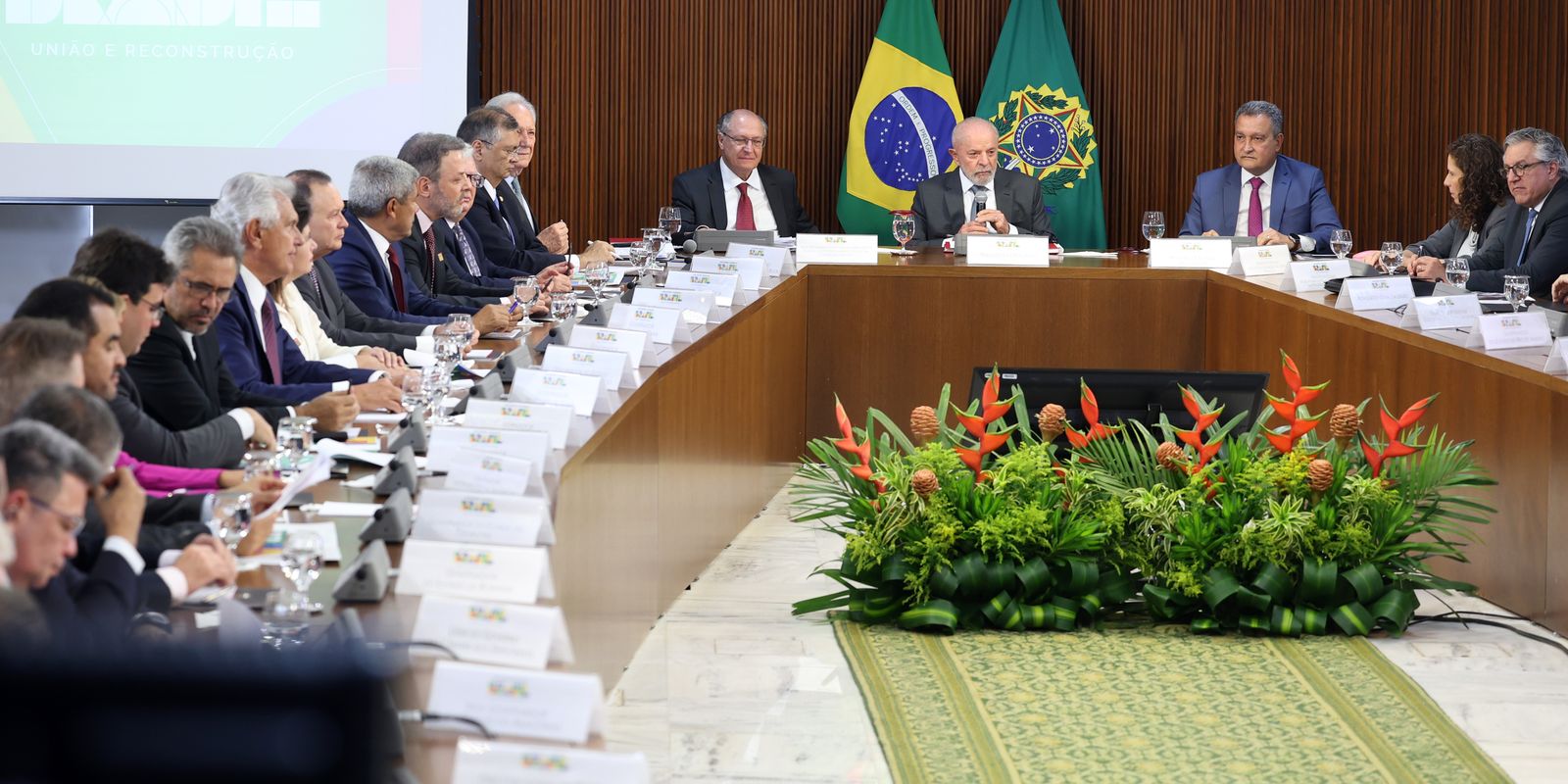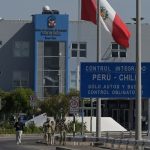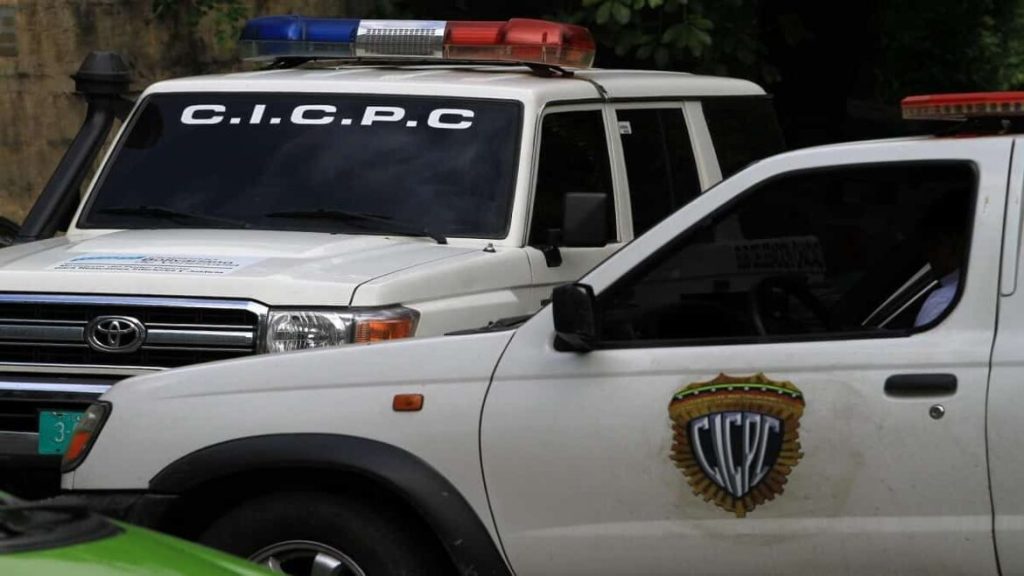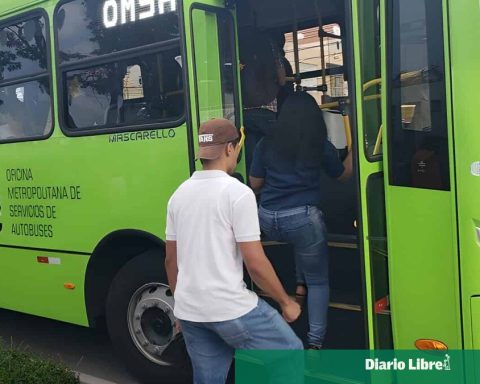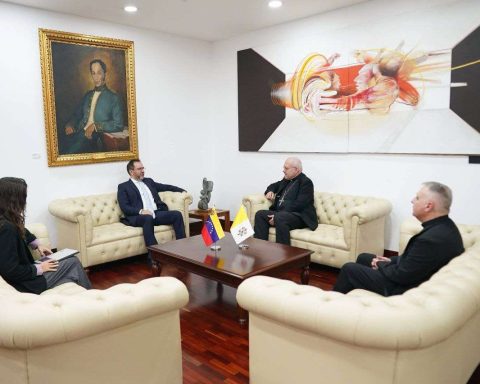The governor of São Paulo, Tarcísio de Freitas, suggested this Thursday (31), in Brasília, that, in addition to the Proposed Amendment to the Constitution (PEC) presented by the federal government for the area of public securitya more comprehensive package of measures for the sector is sent to the National Congress. 
He intends to organize a large group with the states to formulate a series of proposals and not limit themselves to the PEC. “It is not possible to address the issue of public security in isolation. I think we have to send a large package and address these issues that are already there in Congress”, he stated.
The Minister of the Civil House, Rui Costa, said that the proposals on public security being processed in Congress will be systematized to ensure faster voting.
“I agreed with Padilha [ministro das Relações Institucionais] so that we can systematize everything that is already being processed in the Senate and in the Chamber, because there is a lot going on and talk later with the Judiciary and the Public Ministry so that we can do a new round and systematize this into a set of propositions. Often it is just a matter of asking for priority to vote on what is being processed there,” said Costa.
This afternoon, President Luiz Inácio Lula da Silva held a meeting with governors to present the Public Security PEC. The proposal’s tripod is to increase the duties of the Federal Police and the Federal Highway Police, status constitutional provision to the Unified Public Security System and unify the National Public Security Fund and the Penitentiary Fund.
At the meeting, Tarcísio also highlighted the importance of actions to combat money laundering, especially in the fuel, football club and imported car resale sectors. “Looking at the fuel sector is a first big step for us to start cutting the financing of organized crime”, he said.
Money laundering
The governor of Rio de Janeiro, Cláudio Castro, highlighted the importance of combating money laundering crimes and the entry of weapons into the country. According to him, 90% of the weapons seized by the police in the state are manufactured in the United States and entered Brazil through other countries such as Paraguay, Colombia and Ecuador. “We urgently need Brazilian diplomacy to have a tough conversation with these countries, including clear sanctions because these weapons are killing Brazilians,” he maintained.
Castro presented other demands from Rio de Janeiro, such as the removal of public security spending from the Fiscal Responsibility Law and the spending cap, changes in legislation so that states can legislate on issues of punishment and progression and the classification of narco-militia crimes for that there is no possibility of sentence progression.
According to him, what happened in Rio last Thursday (24) – after the operation in Complexo de Israel, which ended with three deaths and three injuries on Avenida Brasil – it was not a confrontation, it was a terrorist act. “This is no ordinary criminal. And if these crimes are not classified, it will be difficult for us to have effective results.”
Peculiarities
Ronaldo Caiado, governor of Goiás, criticized the government’s PEC proposal, for stipulating general rules that override state rules. According to him, each state has its peculiarities in the area of public security. “It is not a single rule that will decide what the rule should be for all states of the federation. This plastering will not work”, maintained Caiado.
The governor of Bahia, Jerônimo Rodrigues, highlighted the need for mechanisms so that state governments can make faster acquisitions in the area of public security, both for weapons and intelligence equipment, such as telephone signal blockers in prisons.
He assured that the governors of the Northeast consortium are willing to build an environment that is not affected by partisan and ideological issues. “This is an issue for the state and the Brazilian population, we are willing to join hands to create a safe environment”, concluded the governor.
